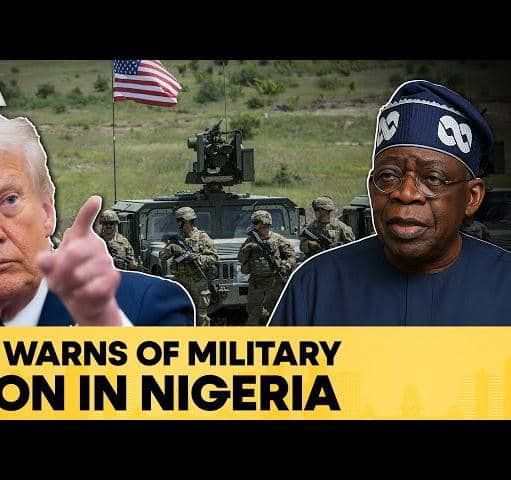
By: Chioma Madonna Ndukwu
Nigeria’s Bleeding Cross Reveals the Pain Behind Trump’s Warning on Our Security
“When the rain beats us, we must learn to find shelter before blaming the clouds.” – Chinua Achebe
Donald Trump’s recent decision to designate Nigeria as a “country of particular concern” has stirred both outrage and reflection. For some, it feels like a slap from an outsider daring to lecture a sovereign nation. For others, it is a bitter truth served cold, one that Nigeria, bruised and bleeding from within, can no longer deny.
The European Union, in a statement last week, reaffirmed its “solidarity with Nigeria”, pledging respect for the country’s sovereignty but urging “meaningful steps to protect all communities from violence and persecution.” Beneath this diplomatic phrasing lies an uncomfortable truth: Nigeria’s wounds are self-inflicted, and the world is beginning to notice.
While the United States paints a picture of religious cleansing, Nigerian authorities have pushed back firmly. President Bola Tinubu insists the nation’s diversity is its strength, not its curse. Minister of Aviation and Aerospace Development, Festus Keyamo, dismissed Trump’s remarks as “an exaggeration born of outdated intelligence,” urging cooperation instead of criticism. Human rights lawyer Femi Falana (SAN) added that Nigeria’s crisis goes beyond religion, it is a tragedy of governance and insecurity that has consumed citizens across divides.
Yet not every Nigerian voice has dismissed Trump’s warning as foreign arrogance. Senator Seriake Dickson of Bayelsa West struck a tone both patriotic and pragmatic. He admitted that the security forces have been stretched thin and that the killings have “gone on for too long.” For him, partnership, not pride, should define Nigeria’s next move.
“We need help,” he said bluntly. “No nation can confront terrorism in isolation. Nigeria must work with its allies to defeat this menace once and for all.” His candour offers a bridge between wounded nationalism and global concern — a reminder that sovereignty is hollow if citizens cannot sleep without fear.
From the ashes of St. Theresa’s Catholic Church in Madalla, where 35 worshippers were bombed on Christmas Day in 2011, to the Pentecost Sunday massacre in Owo, Ondo State, in 2022, where over 40 Christians were slaughtered mid-prayer, the soil of our nation is soaked in the blood of the innocent. These are not statistics; they are echoes of humanity lost, faiths shaken, and a country adrift.
Was St. Theresa’s Church a farmland under dispute? Were the schoolgirls of Chibok abducted over grazing rights? When Fulani gunmen razed 100 churches in Taraba, or when priests like Rev. Fr. Vitus Borogo, Rev. Fr. Clement Ugwu, and Fr. David Tanko were cut down in service, was that “herder-farmer conflict,” or the mark of unchecked extremism?
The Vatican News reported in April 2023 that “over 50,000 Christians have been killed in Nigeria by Islamist extremists.” Who, then, is lying , the Vatican, or those in our corridors of power who prefer silence to shame?
Trump’s tone may have been brash, his words imperial, but hidden in the bluster is a challenge Nigeria must not ignore: if we fail to protect our citizens, the world will define us by our bloodstains.
In an interview with Africaworldnews, Mrs. Ifeoma Ezenwa, a schoolteacher from Jos, put it bluntly:
“We don’t need Trump to tell us we are bleeding. We see the graves every Sunday. But maybe his words will make our leaders wake up, because our pain doesn’t trend for long.”
Another voice, Dr. Michael Olaniyi, a Nigerian human rights researcher in London, added:
“Trump’s statement may sound like interference, but Nigeria should turn it into opportunity. Let America support us with intelligence, not condemnation, with cooperation, not coercion.”
Indeed, partnership, not paternalism, should guide this moment. Nigeria must insist on sovereignty, yes, but sovereignty must mean responsibility, not immunity from accountability.
As Africa’s largest democracy, we stand at a moral crossroads. The cries from Plateau to Borno, from Benue to Owo, are not partisan hymns; they are reminders that government’s first duty is life, not rhetoric. Nnamdi Azikiwe once said, “The challenge of leadership is to transform weakness into strength and crisis into opportunity.” Now is that test.
Across the continent, voices are rising. Ghana’s Kwame Nkrumah warned that “those who ignore injustice invite chaos to their doorstep.” If we downplay persecution, we embolden impunity. If we silence victims, we sanctify their killers. Nigeria must lead this redemption, through truth-telling, justice, and action.
To be clear, Trump’s motive may not be compassion; it may be politics. Yet his words have forced a mirror before our face. We can shatter it in anger, or we can study the reflection and change the image.
The Nigerian government’s reaction so far has been defensive, citing “gross misrepresentation” and “foreign interference.” But denial is not policy. The world will measure us not by how loud we protest, but by how safe our citizens are.
We must strengthen community policing, equip intelligence units, and end the unholy alliance between politics and terror. The church bombed today might be a mosque tomorrow, violence knows no denomination; only silence sustains it.
As Chief Obafemi Awolowo once said, “The tragedy of our age is not the cruelty of the wicked, but the silence of the just.” Nigeria must speak now, with policy, courage, and truth.
Because nations, like souls, are not redeemed by denial. They are redeemed by facing their darkness, candle in hand.
Trump may be right, not because he is a prophet, but because Nigeria’s wounds are visible even from across the Atlantic. Still, this redemption is ours to write, not America’s to script. If we rebuild trust, justice, and safety, we will not only silence our critics we will remind the world that this nation, once broken, still knows how to heal.



 When Authority Clashes Respect Shatters and Nigeria’s Military and Politicians Stand at a Crossroads
When Authority Clashes Respect Shatters and Nigeria’s Military and Politicians Stand at a Crossroads 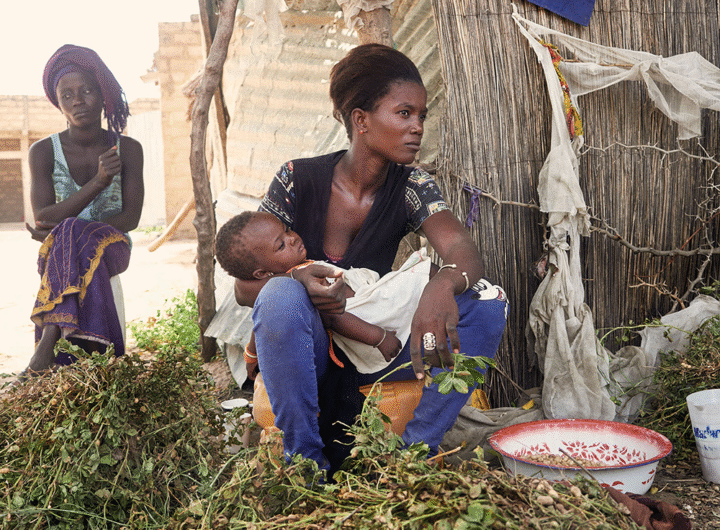 Postpartum Psychosis: The Hidden Battle African Mothers Should Not Fight Alone
Postpartum Psychosis: The Hidden Battle African Mothers Should Not Fight Alone 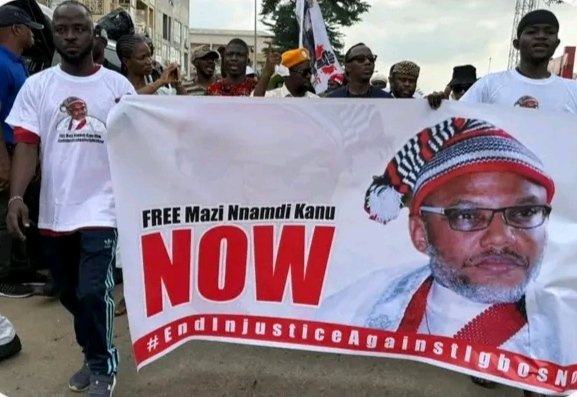 Nigeria’s Battle Over Nnamdi Kanu’s Freedom Turns the Courtroom into the New Protest Ground
Nigeria’s Battle Over Nnamdi Kanu’s Freedom Turns the Courtroom into the New Protest Ground 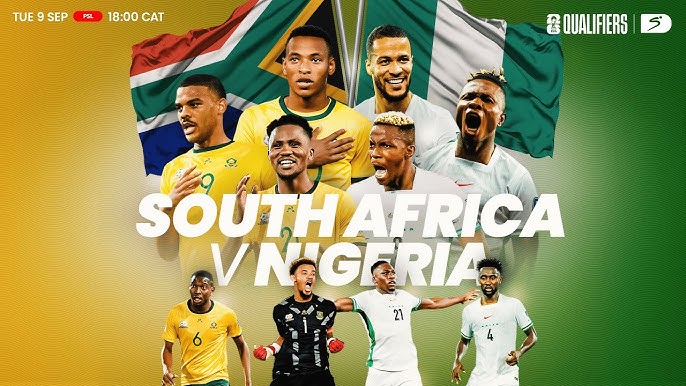 Africa’s World Cup Woes: Why Nigeria and South Africa’s 2026 Drama Exposes a Deeper Rot
Africa’s World Cup Woes: Why Nigeria and South Africa’s 2026 Drama Exposes a Deeper Rot 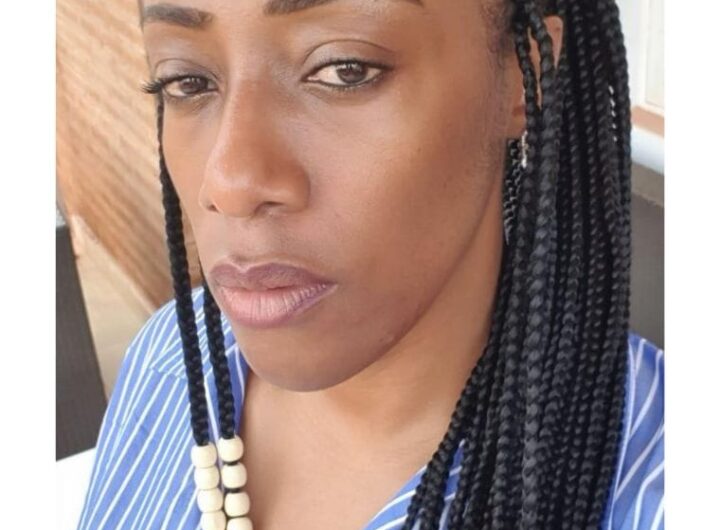 Mind the Gap: Why Nigeria Must Confront Its Dyslexia Crisis
Mind the Gap: Why Nigeria Must Confront Its Dyslexia Crisis  Finding Calm in the Chaos as Africa Marks World Mental Health Day
Finding Calm in the Chaos as Africa Marks World Mental Health Day  House committee praises FAAN for fostering safety culture
House committee praises FAAN for fostering safety culture  Hichilema’s Visit to Harare Signals Renewed Zimbabwe–Zambia Cooperation
Hichilema’s Visit to Harare Signals Renewed Zimbabwe–Zambia Cooperation  TODAY IN HISTORY – 14th Nov, 2025 – Africa World News
TODAY IN HISTORY – 14th Nov, 2025 – Africa World News  South Africa Admits 153 Palestinian Refugees After Initial Entry Delay
South Africa Admits 153 Palestinian Refugees After Initial Entry Delay